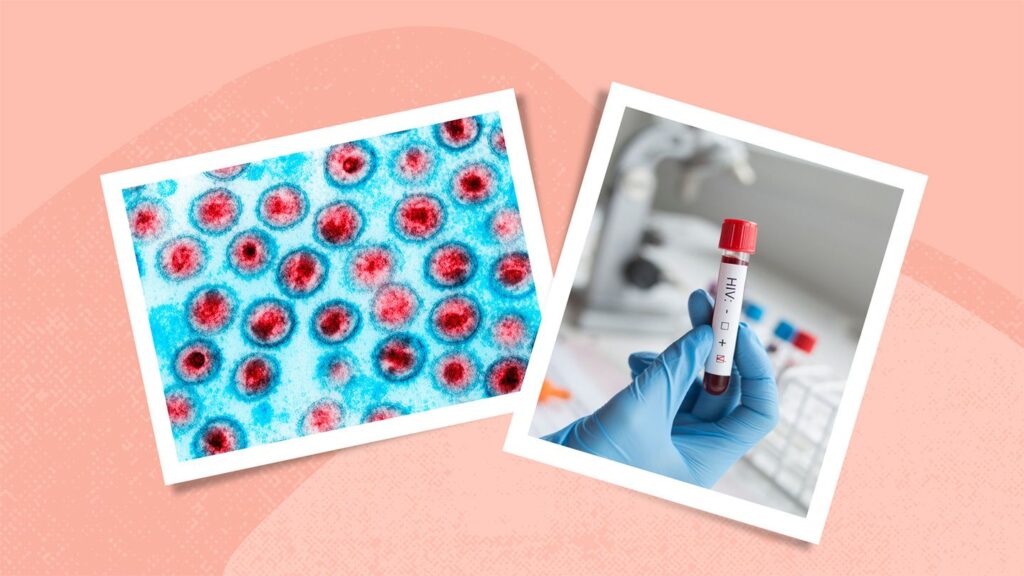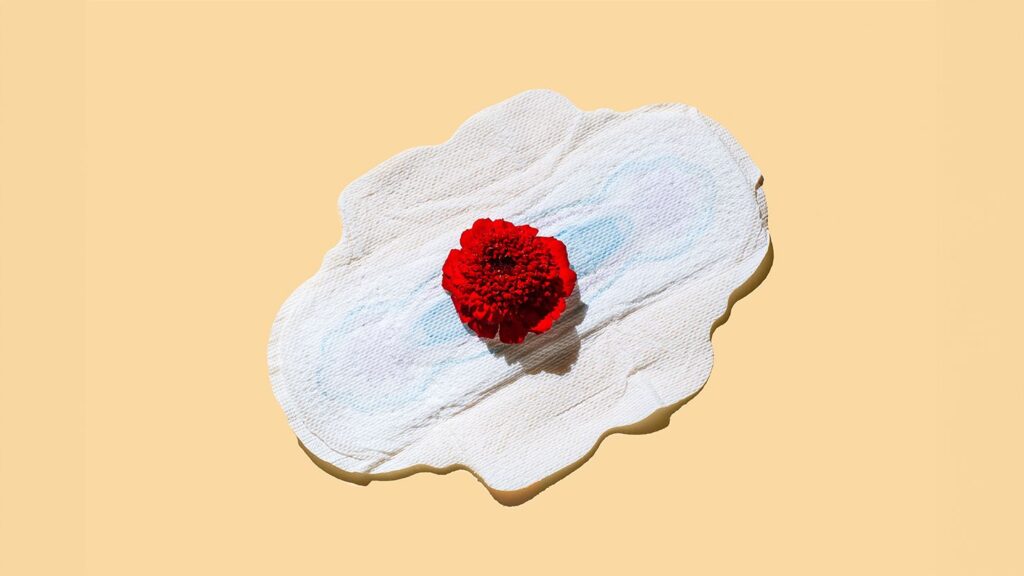Treatment options for gallstones during pregnancy depend on the size of the gallstones, whether they are symptomatic, and the stage of pregnancy. The only way to get rid of gallstones is via surgical removal, though nonsurgical treatments for gallstones in pregnancy may also be considered.
Nonsurgical Treatment
For mild cases of obstructing gallstones in the bile ducts (the pipes that drain the gallbladder and liver), a doctor might recommend endoscopic retrograde cholangiopancreatography (ERCP), a procedure that directly removes stones stuck in your common bile duct. Other options include pain medications and intravenous fluids provided in a hospital setting. But in all these cases, surgery to remove the gallbladder may still be needed post-pregnancy to prevent future episodes.
Surgical Treatment
The only way to get rid of gallstones is by surgical gallbladder removal (cholecystectomy). An estimated 10 percent of pregnant women with symptomatic gallstones end up undergoing this minimally invasive procedure, and it is considered safe when timed correctly. That said, your doctors will not recommend a surgery while you are pregnant unless it is absolutely necessary.
Gallbladder surgery is best done during the second trimester, when possible miscarriage and birth defect risks are low compared with the first trimester. Surgical treatment is also sometimes performed in the third trimester, but in the earlier weeks before uterine enlargement. Yet if serious complications have developed and place your baby at risk, a doctor may recommend surgery regardless of the trimester.
Dietary Recommendations
While there’s no single diet for gallstones in pregnancy that can directly get rid of gallstones or prevent development of future ones, eating (and avoiding) certain foods can help you feel better while minimizing the risk of future gallstone formation. In general, it’s important to focus on a balanced diet with plenty of fiber but one that is also low in animal fats. Consider cutting back on or eliminating refined carbohydrates, sugary foods, and fried foods.



